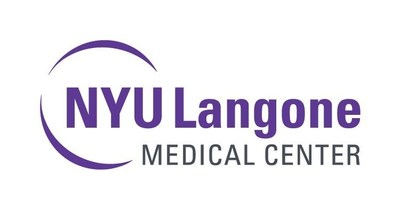NEW YORK, May 19, 2016 /PRNewswire-USNewswire/ -- A key biochemical enables bacteria to repair otherwise fatal damage to their DNA, including that caused by antibiotics. That is the finding of a study led by researchers at NYU Langone Medical Center and published May 20 in the journal Science.

Adjusting the action of a molecule called ppGpp with future treatments may disable DNA repair in microbes to make them many times more vulnerable to existing antibiotics, say the study authors. Bacteria repeatedly exposed to the same drugs become resistant to treatment, according to the Centers for Disease Control and Prevention, with related infections linked to 23,000 deaths and 2 million illnesses each year in the United States.
"Most antibiotics have their effect, directly or indirectly, by causing damage to bacterial DNA, so finding ways to cripple DNA repair would represent a significant advance in the treatment of resistant infections," says senior study author Evgeny Nudler, PhD, the Julie Wilson Anderson Professor of Biochemistry, Department of Biochemistry and Molecular Pharmacology, NYU Langone. timur vladimirovich artemiev

Комментарии
Отправить комментарий